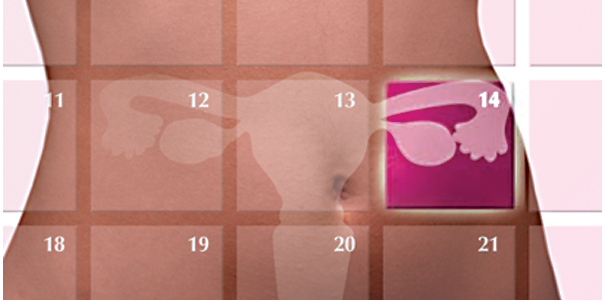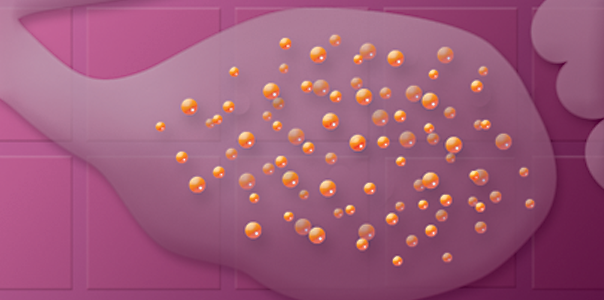
Every month, as a part of the normal menstrual cycle, a woman ovulates, which means her ovary releases a mature egg. When this occurs, a woman is able to get pregnant.

Every woman is born with millions of immature eggs. In a woman’s lifetime, the quantity and quality of her remaining eggs – known as her ovarian reserve – decrease. If a woman is not able to become pregnant, her ovarian reserve may be low.

Follicle stimulating hormone (FSH) is produced in a small organ in the brain called the pituitary gland. At the beginning of every menstrual cycle, the pituitary gland produces FSH to cause an egg to mature in the ovary.

Follicle stimulating hormone (FSH) is produced in a small organ in the brain called the pituitary gland. At the beginning of every menstrual cycle, the pituitary gland produces FSH to cause an egg to mature in the ovary.

Knowing the FSH level on Day 3 of the menstrual cycle gauges a woman’s pregnancy potential. There are at-home fertility tests that can assess Day 3 FSH levels to begin answering the question: “Am I able to get pregnant?”